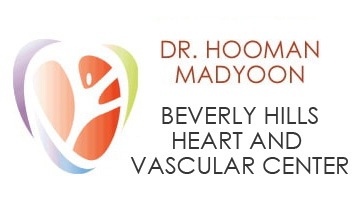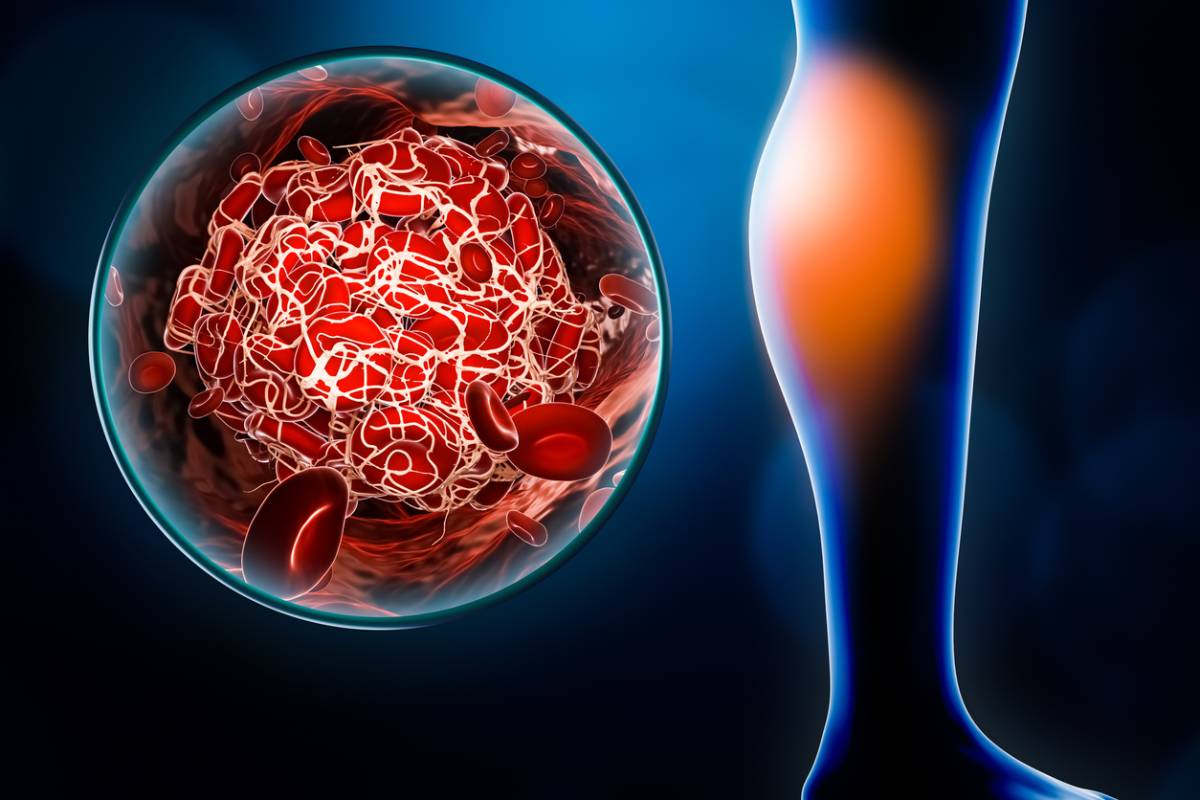Thrombosis is a health condition that is associated with an abnormal risk of clotting. While some cases of thrombosis may be linked to genetic factors, there are a number of additional lifestyle factors that can significantly increase your risk of developing clots. Let’s examine some lifestyle-related thrombosis risks.
Lifestyle-Related Thrombosis Risks
Blood clots can be relatively harmless in some situations, but there is always a risk that the clot will move into a dangerous region, such as the heart, lungs, or brain. If this occurs, a blood clot can be fatal. Therefore, it is important to reduce your risk of clotting to maintain strong cardiovascular health and prevent health emergencies.
These are some of the most common lifestyle choices that are definitively linked to an increased risk of thrombosis.
Smoking
At this point we all understand that smoking is a particularly dangerous habit that poses a risk to our respiratory system and our general health. What you may not know is how much smoking can hinder the normal behavior of your other major organ systems.
Smoking reduces oxygen levels in the blood, causes platelets to clump more easily, and thickens vessel walls over time. All of these factors come together to make clots more likely and to make it more likely that even smaller clots will get stuck in the restricted vessels.
Obesity
Being significantly overweight does not automatically mean that you will have every health problem associated with obesity. However, it does mean that you are more likely to experience those issues than if you were at a healthy weight for your body.
Excess weight puts pressure on your organs, joints, and veins increasing the daily stress put on those important systems. In some cases, the pressure may be too great and cause complications.
In the case of blood clots, the primary concern is deep vein thrombosis (DVT). Experts aren’t completely sure why DVT is so closely linked with obesity but some posit that it may be related to overall reduced activity.
The good news is that if you develop deep vein thrombosis in Los Angeles, there are many treatments available to help address the clot before it becomes a larger health issue.
Dehydration
Staying hydrated is key to maintaining the proper consistency in your blood. If you are severely dehydrated, it can actually make your blood more likely to clot. As a result, it is important to stay hydrated. Especially on days where you may be more likely to dehydrate or engage in less physical activity than usual.
Sedentary Lifestyle
Watch out for any situation that causes you to sit or stand in one position for a prolonged period. These increase the chance that you will develop a clot. Our cardiovascular system relies on regular movement for its normal function, so it is important for people who work as drivers or office staff to get up and move around regularly.
Without regular movement, you’re more susceptible to clots and vein damage, especially spider veins. If you notice the appearance of damaged veins, then you can discuss vein treatment in Beverly Hills with your cardiovascular specialist.
Certain Medications
There are certain medications that can increase the risk of developing clots. Many of these could not be considered lifestyle choices. But one of the most common examples is a matter of choice.
Do you want to choose to prevent pregnancy using a conventional birth control pill? Then this medication does increase the risk of clotting. Fortunately, it’s a fairly rare side effect. If you have other factors that could increase that risk, you may want to discuss an alternative birth control method with your OBGYN.

